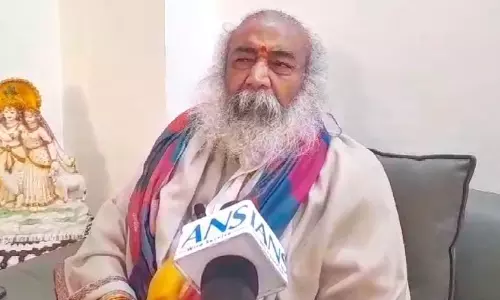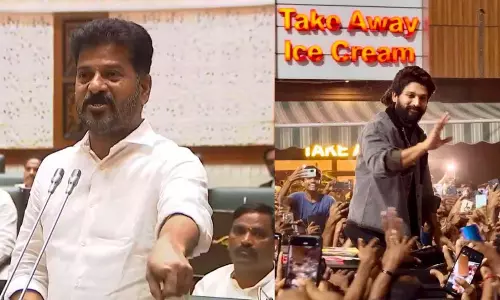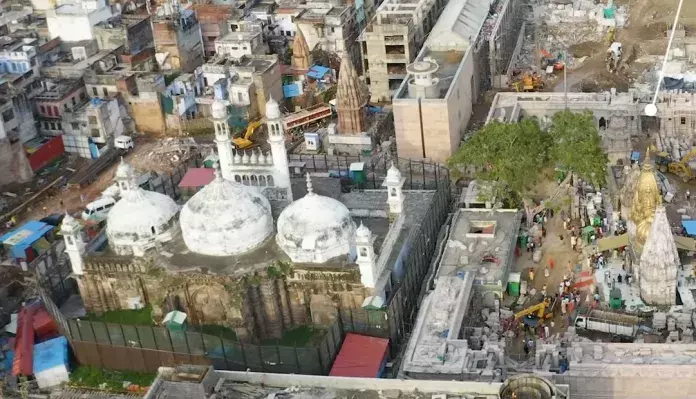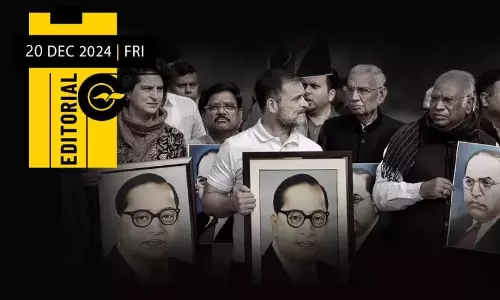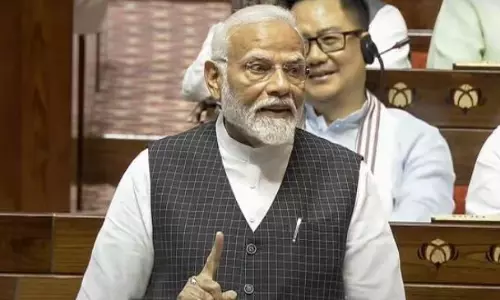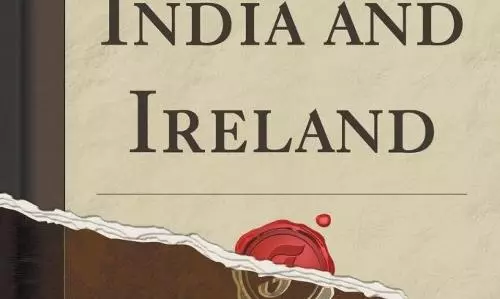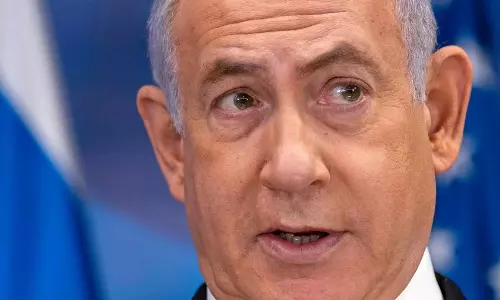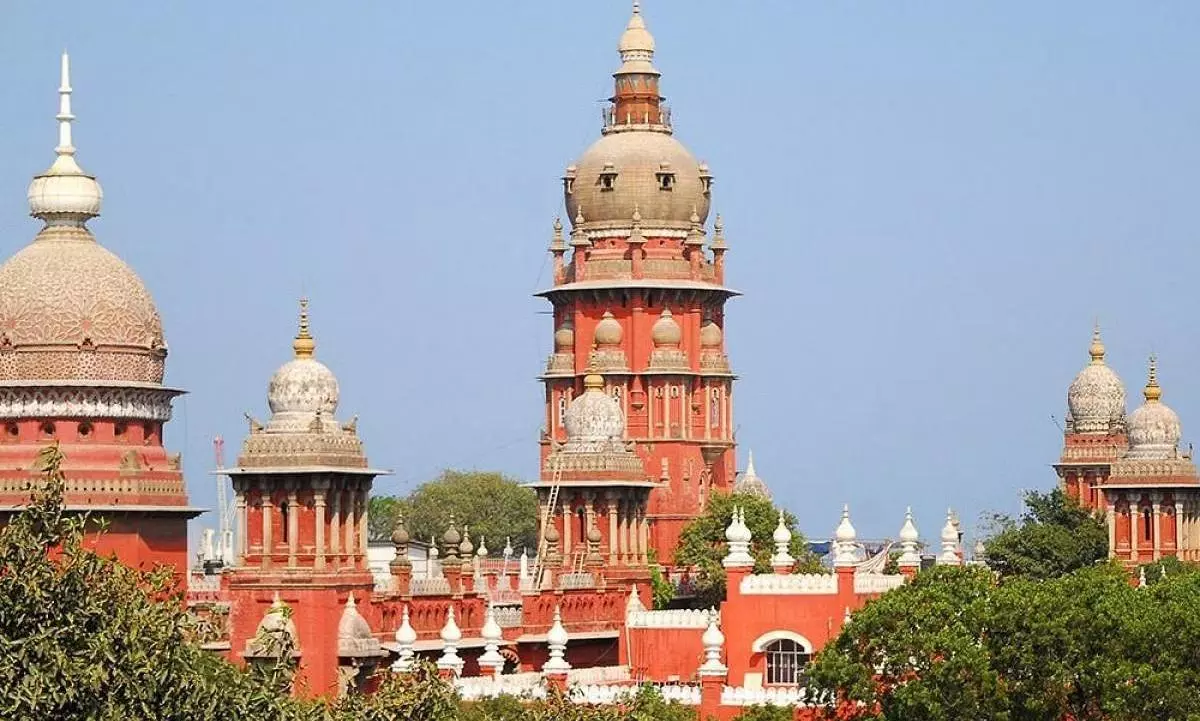
Is conspiring to kill Hindu religious leaders a terrorist act?, asks Madras HC
text_fieldsChennai: The Madras High Court has raised a significant query as to whether a conspiracy hatched to kill leaders belonging to the Rashtriya Swayamsevak Sangh (RSS) or Bharatiya Janata Party (BJP) or even the killing of Hindu religious leaders as such can fall under the category of a ‘terrorist act’ under the Unlawful Activities (Prevention) Act (UAPA) and noted that it is a debatable issue.
The question was raised by a division bench of Justices SS Sundar and Sunder Mohan in the context of the National Investigation Agency (NIA) arresting an alleged ISIS supporter, Asif Musthaheen of Erode, under the UAPA for allegedly conspiring to kill Hindu religious leaders.
The court said, an act would fall under Section 15 of the UAPA, 1967 if had been committed with an intent to threaten or likely to threaten the unity, integrity, security, economic security or sovereignty of the country.
The prosecution had claimed that Musthaheen had conspired to kill some Hindu religious leaders and members of the RSS and had therefore committed terrorist activity as defined under Sections 18 and 38(2) of the UAPA, reports Bar and Bench.
The High Court held that the material on record was not adequate for the Court to conclude the existence of a terrorist activity or such conspiracy and granted bail to the accused.
The Court also asked whether a conspiracy to kill a Hindu religious leader in itself can be termed a terrorist act.
Taking into account the 17-month-long incarceration, the court held that even assuming that the materials collected by the prosecution may ultimately lead to a conviction, the detention pending trial cannot be indefinite.
Musthaheen was granted bail under stringent conditions.




